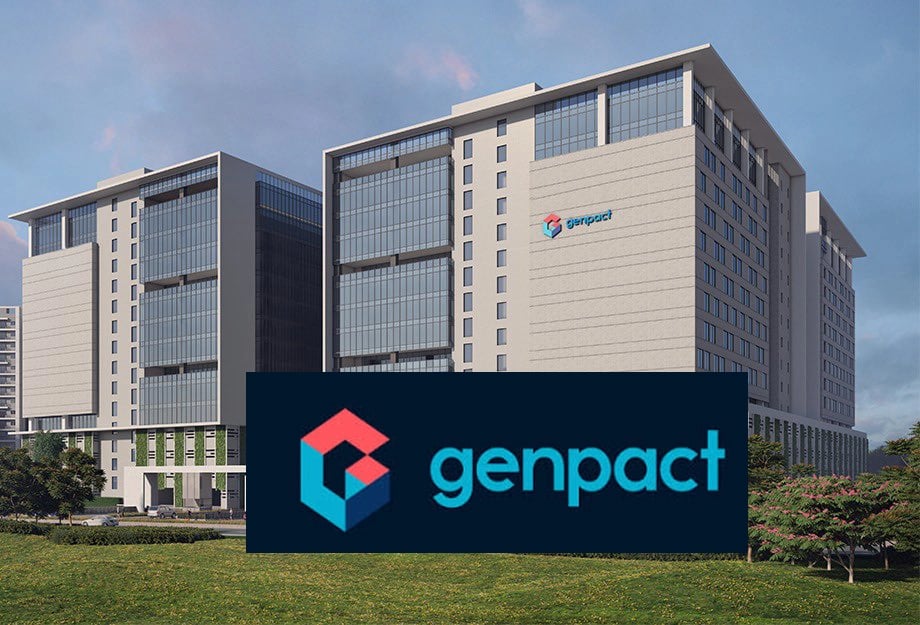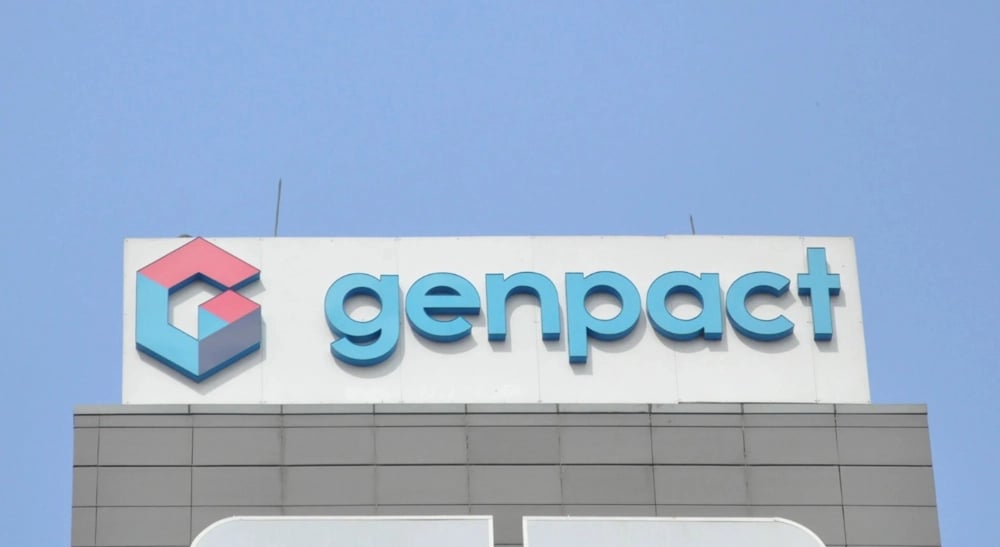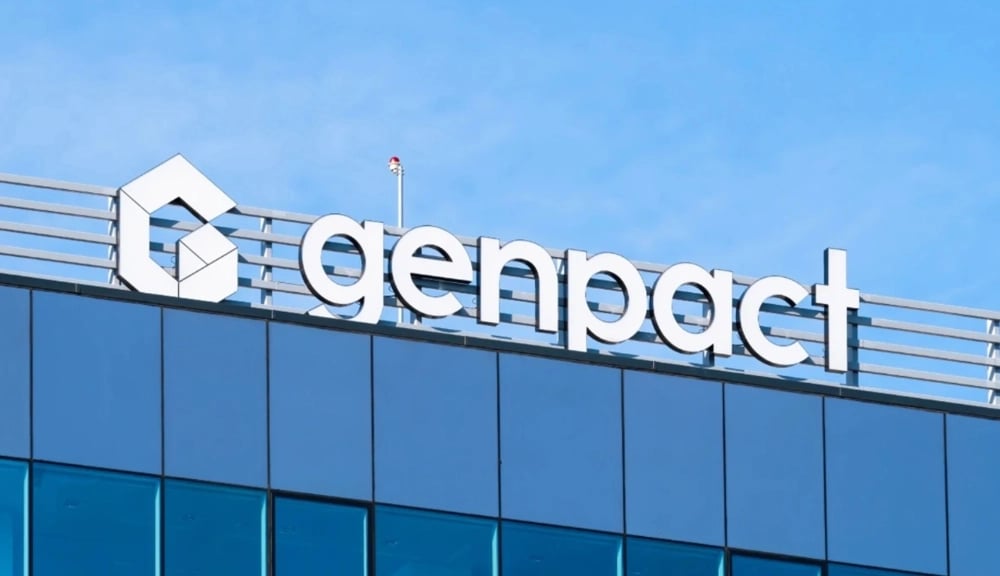Genpact's New Work Schedule Sparks Employee Backlash
Global professional services firm Genpact $G is under scrutiny as employees in certain Indian locations, including Hyderabad, express discontent over a mandatory 10-hour workday policy. This internal mandate, which integrates a company dashboard to track "active hours", has sparked criticism concerning employee well-being while offering minimal added benefits.
Employee Concerns Intensify
Internal communications and feedback shared on platforms such as Reddit $RDDT and Fishbowl reveal that many employees are experiencing heightened stress, fatigue, and a significant dip in morale. The extended workday, although compliant with Indian labor laws, is viewed by many as out of step with the global shift towards more flexible work arrangements in the post-pandemic environment. This discrepancy highlights a growing tension between traditional workplace expectations and modern, agile work models.

Implications for Workforce Dynamics
The insistence on longer working hours may have several implications for workforce dynamics at Genpact:
Employee Welfare: The extended hours could adversely impact work-life balance, leading to burnout and lower job satisfaction.
Cultural Alignment: The policy appears misaligned with current global trends towards flexible work, possibly affecting the company's cultural appeal.
Talent Retention: Potential increases in turnover could occur as employees seek environments more conducive to modern work-life balance norms.
Legal and Ethical Considerations
From a legal standpoint, Genpact's policy aligns with Indian labor standards, which permit such working hours. However, the ethical dimensions related to employee well-being and engagement warrant attention. As organizations worldwide embrace flexible practices, Genpact's rigid approach may seem retrograde, raising ethical questions about prioritizing business metrics over holistic employee welfare.

Broader Industry Impact and Future Outlook
Genpact's policy might prompt industry-wide discussions regarding the appropriate balance between employee productivity and well-being. As organizations grapple with evolving workforce expectations, adapting to these changes is crucial for maintaining competitiveness and corporate reputation.
As work cultures continue to evolve, companies like Genpact face a critical juncture: adapt to modern work preferences or risk alienating talent. The outcome of this policy and its impact on Genpact's workforce dynamics will be an intriguing case study for observers across the professional services industry.















Comments
A 10-hour workday sounds like a step back for work-life balance at Genpact.
A 10-hour workday with tracking feels more like a recipe for burnout than productivity!